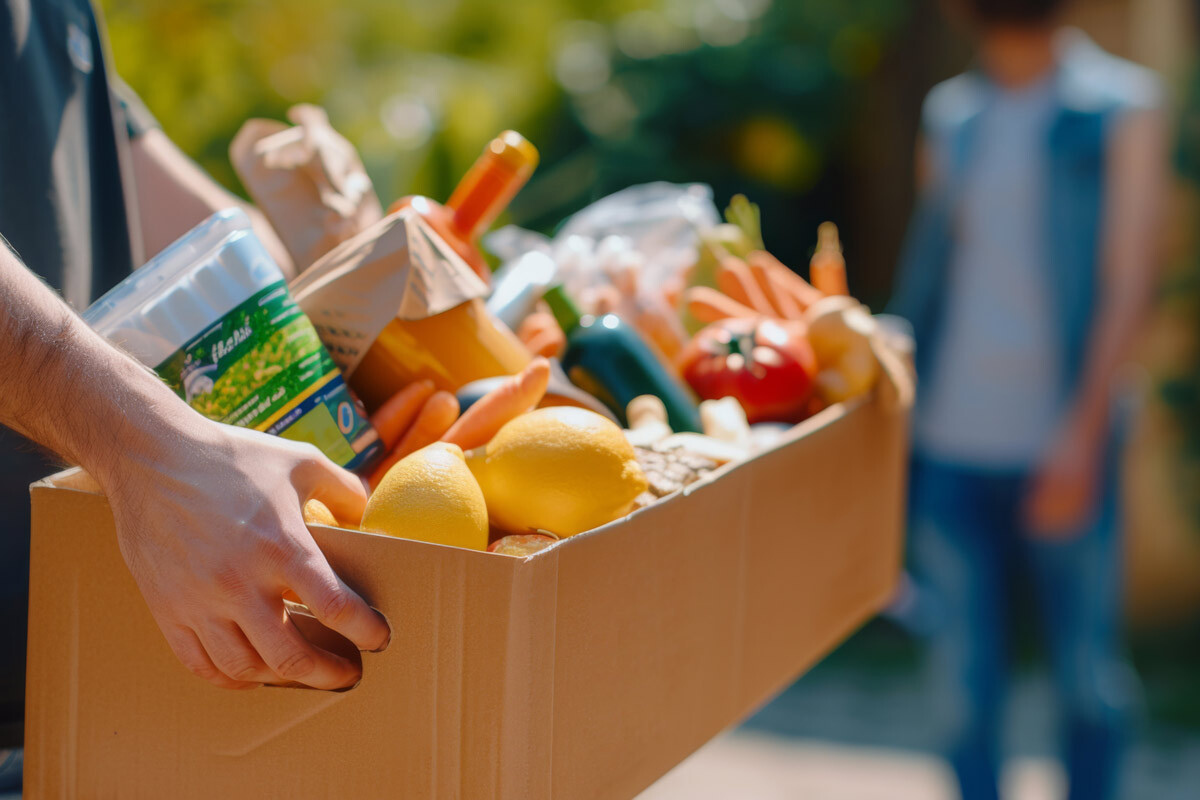
'Food Relief Good Practice Guide', Centre for Social Impact
This guide, developed by the Centre for Social Impact (CSI) Flinders, provides food relief organisations with strategies to move beyond emergency provision by integrating dignity, choice, and community connections. It offers practical approaches to improving service delivery, emphasising people-centered practices, community engagement, and collaboration. By focusing on long-term solutions, the guide helps address the root causes of food insecurity and fosters sustainable change within communities.
View resourceSummary
This guide, developed by the Centre for Social Impact (CSI) Flinders, provides practical strategies for food relief organisations to evolve beyond emergency food provision. By integrating dignity, choice, and community connections into service delivery, it aims to address the root causes of food insecurity and foster long-term solutions.
Key Features:
- Actionable recommendations:
- Covers nine domains to improve service delivery, including nutritional quality, people-centered practices, and collaborative, place-based approaches.
- Encourages continuous quality improvement through evaluation and community engagement.
- Focus on dignity and inclusion:
- Emphasises respectful, people-centered services that prioritise the agency and dignity of individuals experiencing food insecurity.
- Guidance for providers and funders:
- Offers tools for designing new services, enhancing existing ones, and aligning operations with the South Australian Food Relief Charter principles.
- Community impact:
- Advocates for collaborative approaches that integrate food relief with broader community development initiatives, such as social inclusion and education.
Why It Matters:
The guide reframes food relief as an opportunity to build sustainable systems that empower communities rather than perpetuating dependence. It serves as a vital resource for organisations striving to create meaningful, long-lasting change in the food security landscape.

We’d love to hear from you!
Reach out to one of our team members, and share input and ideas about how we can evolve Understorey.
Get in touch